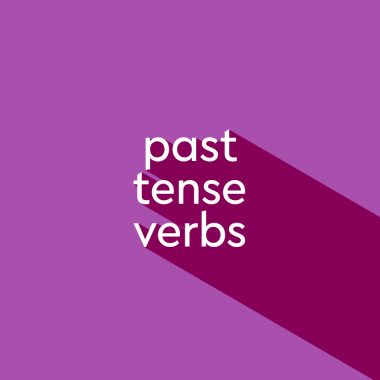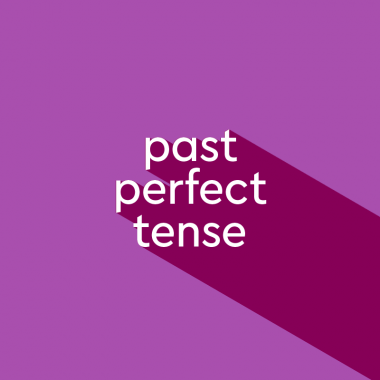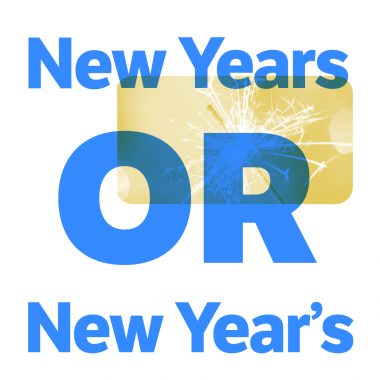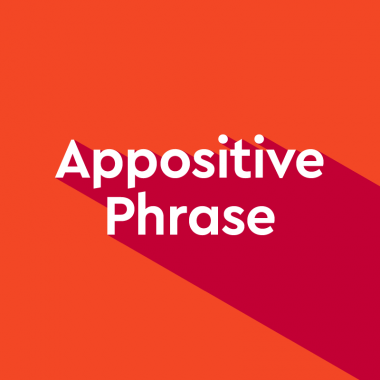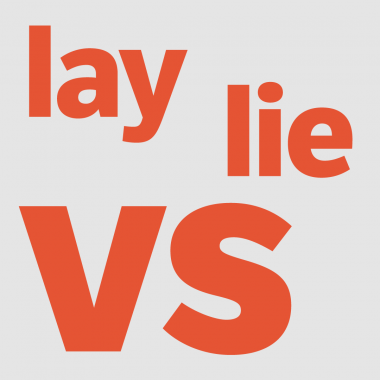What Is An Intensive Pronoun? Definition And Examples
Nouns are one of the major parts of speech that we use in our sentences. Often, we replace nouns with pronouns in order to make our sentences shorter or less repetitive. But what if we want to make our sentences more … intense? For example, we could say Santa Claus attended the holiday party. Snoresville! We knew he was coming. However, we can call up …

